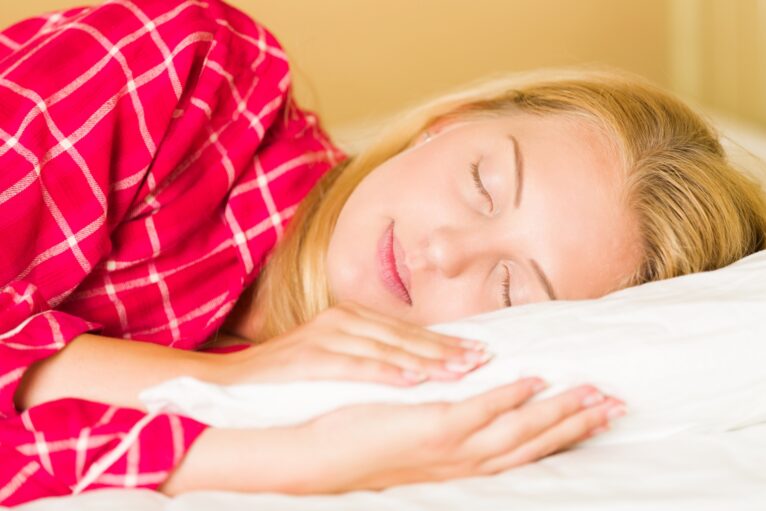Sleeping soundly through sun exposure by Marc Sorenson, EdD.

Sleeping in vital to human function and insomnia (inability to sleep) is a major detriment to health. Consider the following facts: Most noteworthy, persons taking 18 sleeping pills yearly triple the risk of death, compared to those taking fewer than 18. Furthermore, an article from Forbes stated, “In 2012, 60 million Americans filled prescriptions for sleeping pills, up from 46 million in 2006.”
More information from Forbes regarding the need for sleep.
The Forbes article then described the results of recent research on sunlight and sleeping. It showed workers, whose workplaces have windows and other natural light sources, could sleep about 46 minutes per night more, compared to those who had no natural light access. In addition, those who had more sun showed greater happiness, had fewer ailments, and experienced better vitality. Thus, it follows that whatever the disorder causing insomnia, there is a better way of dealing with it. Therefore, frying the brain with pills should not be the method of choice to increase sleeping ability.
Vitamin D did not not associate with the aforementioned increased sleep.
This research is particularly interesting because the effects of sun exposure in this case probably had nothing to do with vitamin D, since the solar rays came through windows, which block the vitamin D-producing UVB light. It is likely that the positive effects of the sun occurred due to increasing serotonin levels (a natural mood enhancer) in the brain during sun exposure, and then by allowing melatonin (a natural relaxer) to take over during the night.
Sleeping, and the lack thereof, closely associate with several illnesses.
A study from Egypt reveals several factors associated with insomnia (inability to sleep) among elderly people: Having five or more chronic diseases associated to a 7.5 tmes increased insomnia risk; anxiety associated with a 1.9 times increased risk; and depression with a 1.7 times increased risk. Only one factor, sun exposure, associated with reduced insomnia risk—a 43% reduction! Likely, this was due to the sun-related production of serotonin and melatonin
It is becoming increasingly obvious that lack of sleep is a major risk factor for human health, as reported in the journal Sleep Medicine, regarding metabolic syndrome (Met S). Met S is a group of metabolic disorders (high blood pressure, abdominal obesity, high cholesterol, high triglyceride levels, low HDL levels and insulin resistance). In addition, it associates to increased risk of cardiovascular disease and type 2 diabetes. The study assessed 2579 adults without Met S for sleep habits during a 2.6-year period. This determined their risk of developing the Met S. The participants’ age ranged between 40 and 70 years.
The results
Those who slept 6 hours or less were 41% more likely to develop Met S, compared to those who slept 6-8 hours. High blood glucose and excess belly fat increased by 30%. Both of these predict future diabetes. In addition a 56% increase in high blood pressure risk occurred. The researchers concluded: “Short sleep duration is an independent risk factor for incident metabolic syndrome in a population-based longitudinal study.”
Sleep deprivation is a common and perhaps deadly malady. If one wants to sleep well, sun exposure during the day is imperative. The sun may be our best hope for reversing this pandemic.
Be sure to obtain your share of non-burning, regular sun exposure whenever the sun is shining. It may save your life and health.
For more information on sleeping, sunlight and health, visit sunlightinstitute.org, and read the book, Embrace the Sun.
